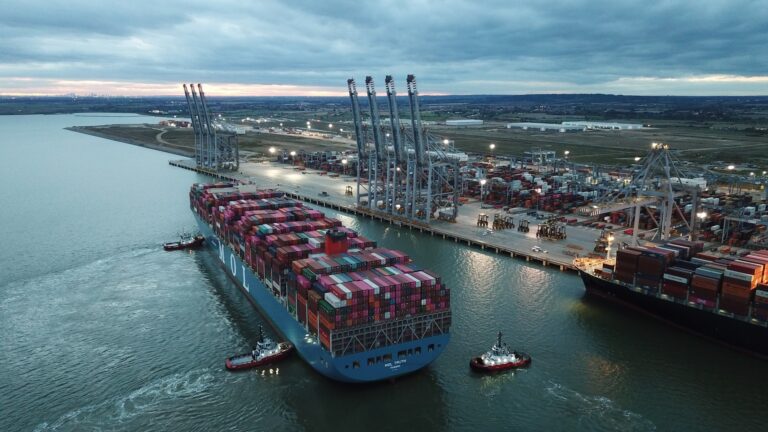Sea, air and rail ports in England will be invited to bid for freeport status before the end of the year, with the government aiming for the first freeport in the UK to be open for business in 2021.
Under the freeport structure, a firm can import goods into a freeport without paying tariffs, process them into a final good and then either pay a tariff on goods sold into the domestic market, or export the final goods without paying UK tariffs.
HM Treasury said that freeports would benefit from: streamlined planning processes to aid brownfield redevelopment; a package of tax reliefs to help drive jobs, growth and innovation and simplified customs procedures and duty suspensions on goods.
Chancellor of the Exchequer Rishi Sunak said: “Our new freeports will create national hubs for trade, innovation and commerce, regenerating communities across the UK and supporting jobs.
“They will attract investment from around the world as we embrace new opportunities following our departure from the EU and will be a key driver for economic recovery as we build back better post coronavirus.”
The government said its freeport strategy was designed to attract “major domestic and international investment” and it was working “constructively and collaboratively” with the devolved administrations to seek to establish at least one freeport in each nation of the UK.
Zoe McLernon. Multimodal Policy Manager at Logistics UK, said: “These sites have the potential to unlock significant opportunities for international trade post-Brexit.
“We called for an ambitious customs model, measures to speed up planning processes, and a commitment to geographic flexibility and opportunities for all transport modes – all of which have been included in the plans.”
In August Forth Ports and DP World said they were to submit a joint bid for a freeport on the River Thames.







